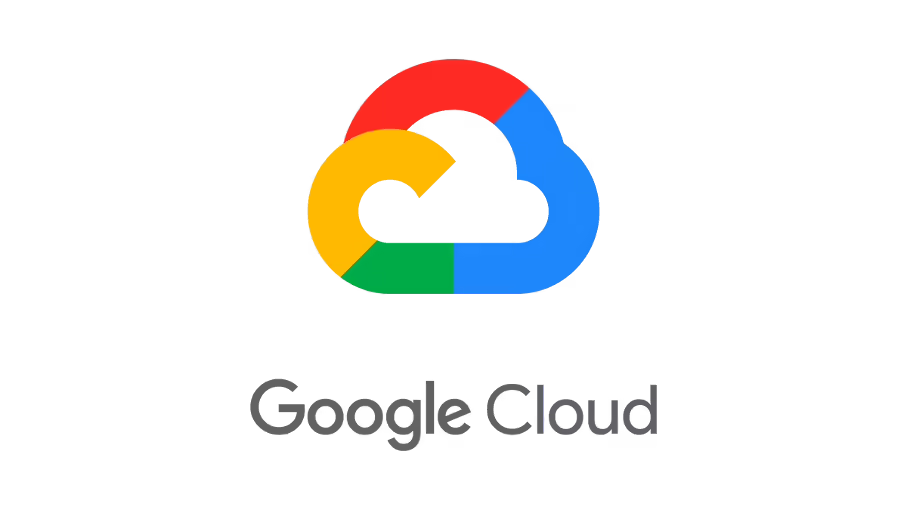Google Cloud Platform: A dynamic ecosystem for cloud computing
Google Cloud Platform (GCP) is one of the leading cloud computing services offered by Google. It provides a variety of computing, storage, data analytics and machine learning services and is used in various industries for a wide range of applications. This article provides a comprehensive overview of GCP, its services, benefits, and uses.
What is Google Cloud Platform?
Google Cloud Platform is Google's comprehensive offering of cloud services that enables companies to work on the same infrastructure that Google uses for its own products such as Google Search, YouTube and others. GCP offers services for computing, storage, database management, big data, machine learning, and more.
Google Cloud Platform core services
- Google Compute Engine: An IaaS service that provides virtual machines to run applications.
- Google App Engine: A PaaS solution that enables developers to build and run applications in Google's managed server environment.
- Google Cloud Storage: Offers secure and scalable storage options for businesses.
- Google Kubernetes Engine: A managed service that makes it easy to deploy and scale containerized applications using Kubernetes.
- BigQuery: A fast, highly scalable and cost-effective multi-cloud data warehouse service for business agility and insights.
Benefits of Google Cloud Platform
- Scalability: Flexible adjustment of resources depending on the needs of the company.
- Innovation: Access to Google's continuous innovation and advanced technologies.
- Security: Strong commitment to security and privacy.
- Big Data and Machine Learning: Advanced Data Analytics and Machine Learning Solutions.
- Global network operations: Reliable and fast connection through Google's global network.
Application areas of the Google Cloud Platform
- Web hosting and web applications: Hosting websites and providing web applications.
- Data Analytics: Analyzing large amounts of data for business insights.
- Internet of Things (IoT): Platform for managing and analyzing data from IoT devices.
- Artificial intelligence and machine learning: creation and use of AI and ML models.
- Hybrid and Multi-Cloud: Supporting hybrid and multi-cloud strategies for enterprises.
Challenges when using Google Cloud Platform
- Complexity: Some services can be complex to configure and manage.
- Learning Curve: New users may need time to familiarize themselves with the platform and its services.
- Cost Management: Effective monitoring and management of costs is required to avoid budget overruns.
Conclusion
Google Cloud Platform is a powerful and dynamic cloud computing solution that offers advanced technologies and services to businesses of all sizes. With its strong infrastructure, innovative technologies, and focus on security and privacy, GCP is an attractive choice for a variety of cloud computing needs. Despite the challenges associated with complexity and cost management, GCP provides a flexible and scalable environment for organizations to accelerate their digital transformation.






